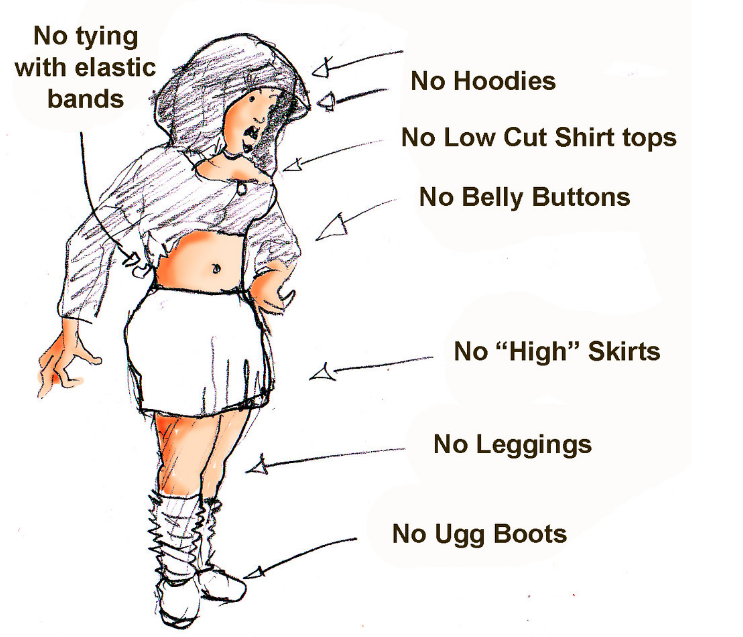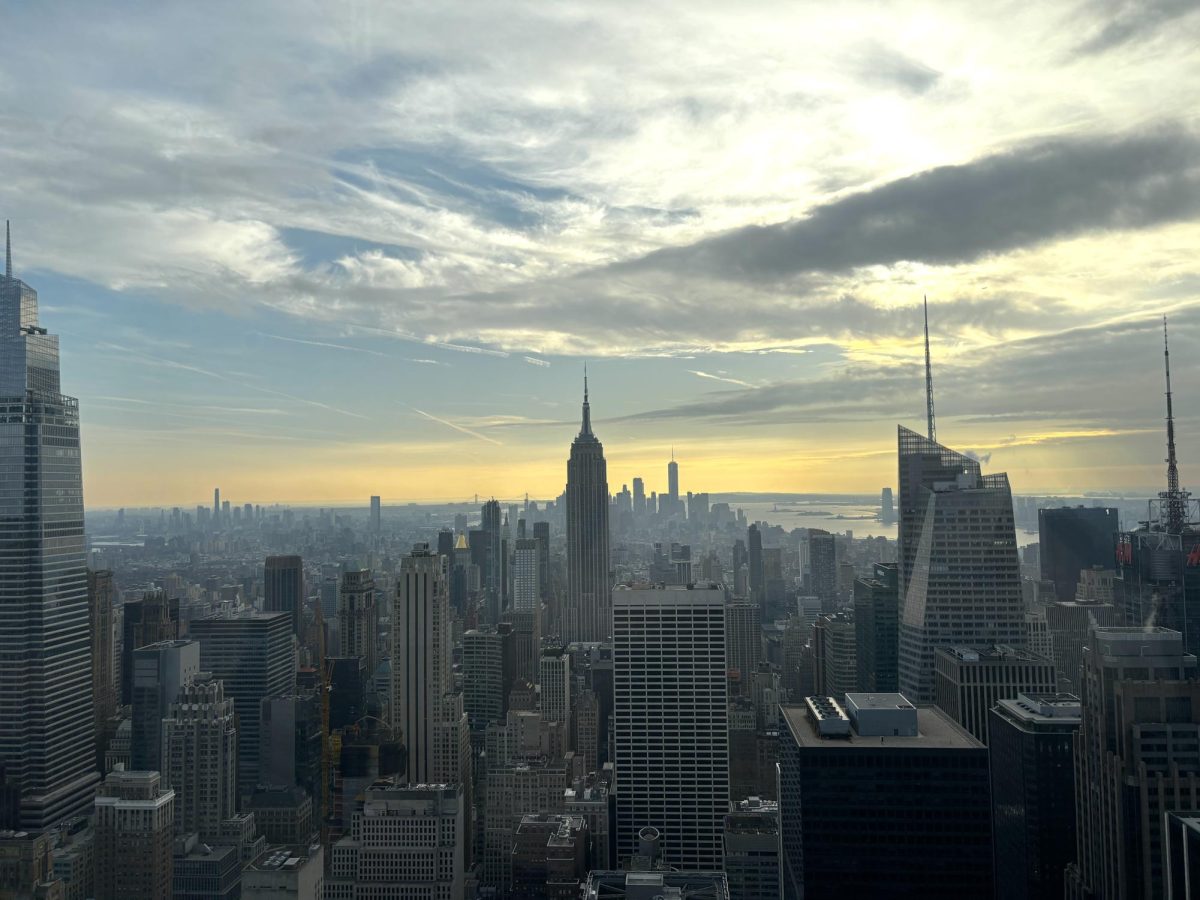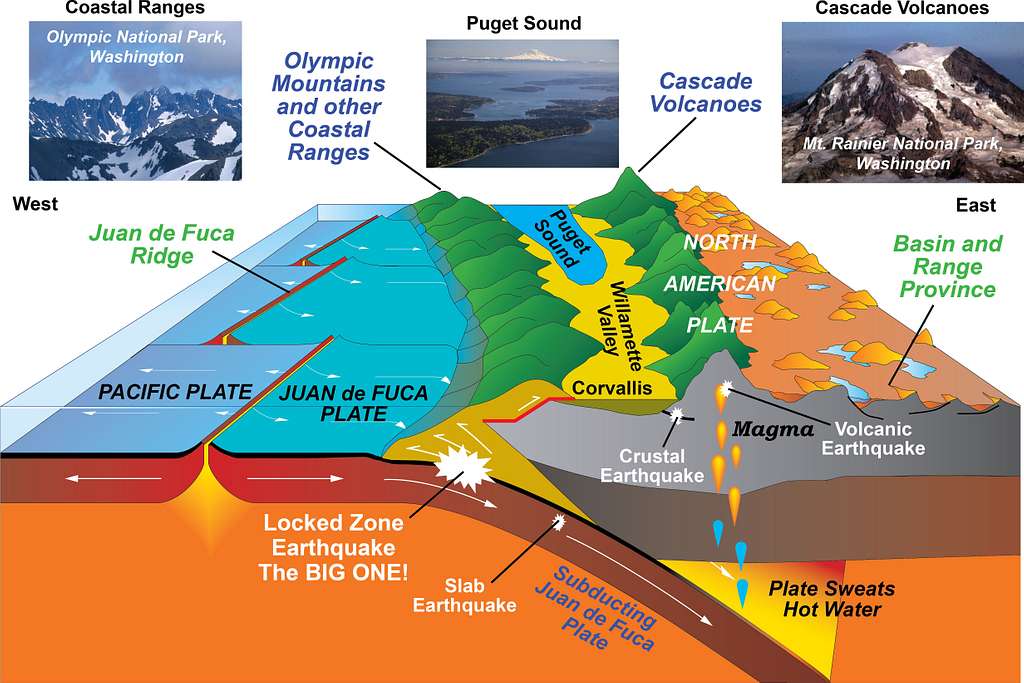
The global population has officially surpassed 8 billion people. It is speculated that mid-November was when the milestone was reached. This is of course, the highest it has ever been, which marks a massive landmark for the world. Since 2011, the world population has grown by over 1 billion. For reference, the total population of the United States, roughly 330 million, has been added more than 3 times since 2011.
The population of the world has skyrocketed since the dawn of the industrial revolution, and the age of modern medicine, but it has not always been this way. In the calendar year 0, the world population was estimated to be around 190 million people. This number did not grow very much because the average life expectancy was around 30. Once 1800 hit, the population began to grow. This was thanks to the revolutionary advancements in medicine, farming, and industry. The world population has been on a track of continuous growth since the 1300s, but it began to grow exponentially after it hit its first billion. Since then, just over 200 years have passed, and the number has grown by nearly 7 billion. According to the United Nations, the world population first hit 1 billion around 1804. 126 years later in 1930, the world population crested over 2 billion. Population has grown exponentially since 1804, as the gap between billion milestones shrinks every time. In less than a century, the population has grown by more than 6 billion, and scientists predict that the next billion will be reached in the year 2037
As the population grows, so does demand for things like food, land, jobs, and more. Experts worry that the population may be getting too high, and that humans will soon reach their carrying capacity. A carrying capacity is defined as the number of organisms that a habitat can support. In this case, the organisms are humans and the habitat is planet Earth. Scientists and experts in the field of population worry that the distribution of human population is uneven and potentially dangerous. The clumped distribution of humans in urban settings and the surrounding areas are offset by the millions of square miles of wilderness and empty land around the world.
Although the world population is the highest that it has ever been, it is growing at its slowest rate since 1950. According to CNBC, families have been having fewer children over the last twenty years or so. On average, families now have two children each which is a sharp decline from five per family in 1950. Life expectancy is up and child mortality is low, which are both positive things contributing to population growth.
Of the 195 countries in the world, just seven of them make up more than half of the total population. Those seven are China, India, United States, Indonesia, Pakistan, Brazil, and Nigeria. The United States, Indonesia, Pakistan, Nigeria and Brazil together have fewer people than India or China. India is expected to soon surpass China as the most populous country, both of which are densely populated with over 1 billion inhabitants each. Many southeast Asian countries are listed as having growing populations while being very densely populated.
The global population is expected to reach 9.7 billion in 2050 and 10.4 billion in 2080s. In the future, population is expected to be concentrated in sub-Saharan Africa, which is where almost 30% of all births took place in 2021. After the population reaches 10.4 billion roughly, scientists predict that a slow decline will begin. Many other organizations agree that the global population will peak near the mark of 10 billion.
Many skepticists question how sustainable the human population is. Whether it is the actions, production, population distribution, or pollution produced, many question what the population can do to strengthen security in pollution. Uneven distribution of population causes overgrazing, or overuse of Earth’s natural resources. While some areas have plentiful natural resources, often a surplus, other areas have been depleted of their contents due to overuse. Fossil fuel depletion is one of the main concerns of population and environmental experts. With the growth of the population, use of fossil fuels have also shot up exponentially. The carbon emissions from these resources are dangerous to the environment, along with the fact that they are a non-renewable resource, meaning they will eventually run out. Sustainable and renewable energy has been incorporated into the grid more and more over the last several years, and a progressively sourced energy grid is in the near future.
8 billion is a staggering number to understand for most people, but each of them have their own unique lives. The question is, when will 9 billion come, and what will change then? How will the world look when the population reaches 10 billion?







































